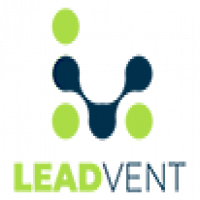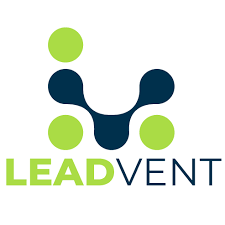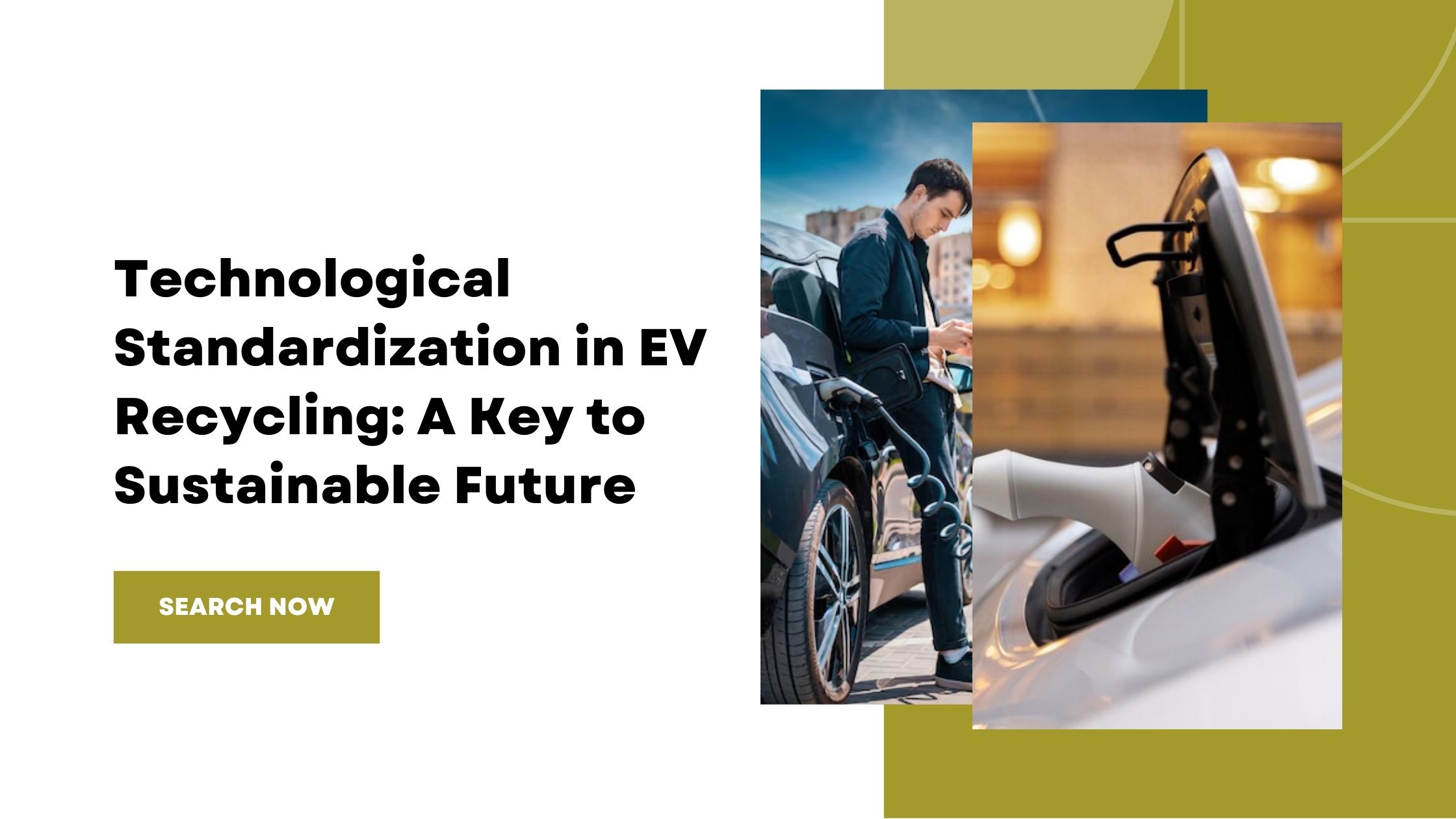Navigating Regulatory Challenges in Supply Chain Decarbonization and Sustainability

Strong 8k brings an ultra-HD IPTV experience to your living room and your pocket.
In 2025, businesses across the globe are under growing pressure to embrace Supply Chain Decarbonization and Sustainability. From consumer demand to investor expectations and environmental policies, reducing emissions is no longer a choice—it’s a requirement. However, while the intention to decarbonize is strong, navigating the regulatory landscape presents significant hurdles for companies operating across borders.
As environmental regulations evolve and climate reporting becomes stricter, businesses must rethink their entire value chain. Regulatory inconsistencies, lack of standardized carbon accounting, and differing compliance timelines make the path to decarbonization a complex journey. That’s why platforms like the Supply Chain Management Conference play a crucial role in aligning industry stakeholders and providing clarity.
Why Supply Chain Decarbonization Matters in 2025
Today, over 90% of corporate emissions lie within the supply chain, especially in Scope 3 emissions—which include everything from raw material extraction to product delivery and disposal. This makes Supply Chain Decarbonization and Sustainability essential for meeting national net-zero targets and complying with global environmental mandates.
Benefits include:
Reduced operational risk from future carbon taxes or penalties.
Improved brand image and ESG scores.
Greater supply chain resilience during climate-related disruptions.
Increased investor interest and access to sustainable financing.
Major Regulatory Challenges Companies Face
1. Fragmented Global Compliance Standards
Different countries apply different environmental reporting requirements and thresholds.
The EU’s Corporate Sustainability Reporting Directive (CSRD) is far more detailed than others.
U.S. companies face SEC climate disclosures, while Asia-Pacific nations are still developing cohesive frameworks.
2. Inconsistent Carbon Accounting Methodologies
There’s a lack of universal protocols for Scope 3 emission calculations.
Varying emission factors make benchmarking difficult.
Suppliers often lack the tools or data to provide accurate carbon information.
3. Supplier Engagement and Verification
Ensuring supplier compliance with environmental standards can be both costly and time-consuming.
SMEs in developing markets often lack resources to meet decarbonization goals.
Auditing and traceability solutions are still underused due to high costs.
4. Rising Compliance Costs
Costs for compliance with Supply Chain Decarbonization and Sustainability regulations have surged by over 30% since 2023.
Hiring ESG consultants, tech platforms, and legal advisors is expensive.
Penalties for non-compliance are also increasing, especially in the EU.
Case Study: Unilever’s Decarbonized Supply Chain Model
Unilever has committed to net-zero emissions across its entire supply chain by 2039. As of 2025:
Over 64% of its suppliers have disclosed emissions data through digital platforms.
The company uses blockchain for end-to-end traceability.
Partnered with local governments in India and Brazil to fund decarbonization efforts for small suppliers.
This case highlights how a structured, tech-enabled, and collaborative model can overcome regulatory barriers and drive progress.
The Role of the Supply Chain Management Conference
The upcoming 2nd Annual Supply Chain Risk and Resilience Forum is a pivotal event that brings together leaders from logistics, procurement, ESG, and policy.
What the Conference Will Cover:
How to comply with CSRD, SEC, and other decarbonization mandates across markets.
Technology for real-time carbon tracking and supplier auditing.
Financing strategies for green supply chains.
Collaboration models for decarbonization in emerging markets.
The Supply Chain Management Conference provides a stage where regulators and business leaders can discuss harmonized solutions and best practices to reduce emissions without compromising profitability.
Latest Statistics (2025)
Over 70% of global corporations now include Scope 3 in their sustainability reporting (CDP).
45 countries have introduced or updated climate disclosure mandates since 2022.
Non-compliance fines for ESG reporting in the EU have risen by 40% over the past year.
FAQs on Supply Chain Decarbonization
Q1: What are Scope 3 emissions, and why are they important?
A: Scope 3 emissions are indirect emissions that occur in the value chain of a company, including suppliers and customers. They represent the largest share of corporate emissions and are critical for achieving meaningful decarbonization.
Q2: Is decarbonizing supply chains only for large companies?
A: No. SMEs are also affected by regulations through buyer expectations. Large firms often require their suppliers—regardless of size—to meet certain sustainability standards.
Q3: What tools can help with carbon accounting?
A: Digital platforms like SAP’s Green Ledger or Salesforce Net Zero Cloud can automate carbon data collection and reporting across supply chains.
Q4: How can the Supply Chain Management Conference help?
A: It connects industry leaders, solution providers, and regulators to share practical approaches, reduce complexity, and accelerate supply chain transformation.
Final Thoughts
As Supply Chain Decarbonization and Sustainability evolve from a trend into a regulatory imperative, businesses must prepare for a future defined by transparency, accountability, and innovation. Navigating the challenges won’t be easy, but with the right knowledge and collaboration, it's entirely possible.
The Supply Chain Management Conference offers the roadmap to do just that—by equipping decision-makers with tools, case studies, and strategies that work in the real world. If your organization is committed to sustainability, attending this event is not just useful—it’s essential.
Note: IndiBlogHub features both user-submitted and editorial content. We do not verify third-party contributions. Read our Disclaimer and Privacy Policyfor details.







